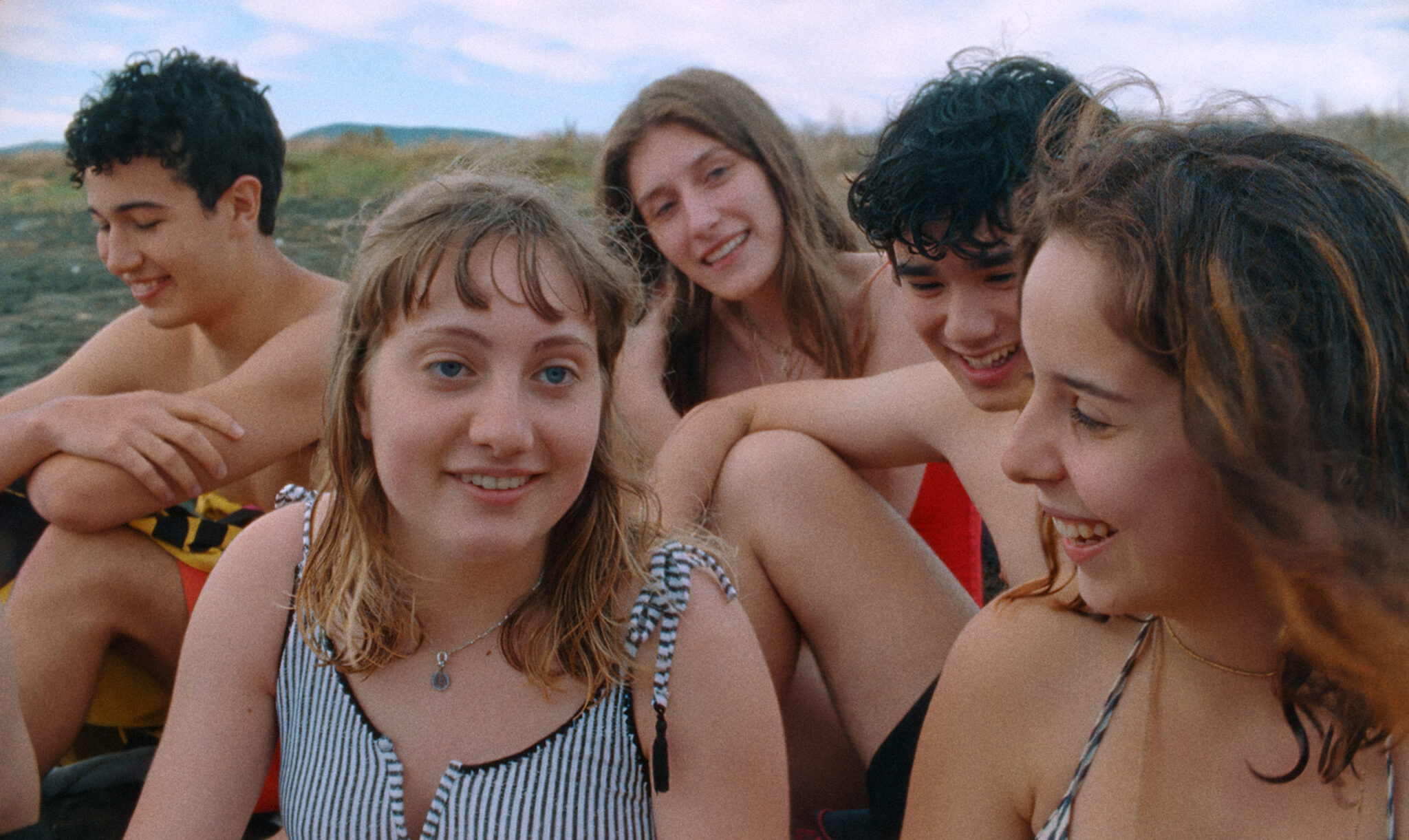 From the late 1980s to the mid-1990s, you could barely escape the cinematic draw of Val Kilmer. From Top Gun to Batman Forever to Heat, Kilmer (and his ever-changing hairstyles) were everywhere. So, what happened to one of the box office’s most lucrative draws? Why hasn’t his career emulated the trajectory of his Top Gun co-star, Cruise? Have choice, reputation or personal issues played their hand?
From the late 1980s to the mid-1990s, you could barely escape the cinematic draw of Val Kilmer. From Top Gun to Batman Forever to Heat, Kilmer (and his ever-changing hairstyles) were everywhere. So, what happened to one of the box office’s most lucrative draws? Why hasn’t his career emulated the trajectory of his Top Gun co-star, Cruise? Have choice, reputation or personal issues played their hand?
Pieced together from Kilmer’s extensive home video collection – he was the first of his friends to own a video camera – Val seeks to shed light on the actor’s childhood, trauma, fame and illness. It’s deeply illuminating in some areas yet fractured and almost self-indulgent in others. Yet, no matter how you feel about Kilmer or his career, it would be hard to emerge from this documentary without wondering what could have been.
Directors Ting Poo and Leo Scott begin by detailing Kilmer’s almost prodigy-like childhood. From an early age, he and his brothers shot short movies on their ranch, with Kilmer only too happy to take the lead in front of the camera. In the blinding California sun, and upon acres of dry and dusty land, the Kilmer brothers recreated their favourite sci-fi, Western and superhero movies. It sounds idyllic, like Kilmer was destined to realise his career, but his childhood was traumatised by both his parents’ divorce and his brother’s death. His acceptance to Julliard – as the youngest ever student on the acting course – provided the perfect escape.
The voiceover work on the film is provided by Kilmer’s son, Jack, who sometimes laughs or becomes emotional when reading his dad’s reflections on his meteoric rise to fame. Kilmer – who seemed more interested in Chekov than pay cheques – wanted to carve out a theatre career for himself, almost falling into film by accident. He admits to starring in a number of low-budget howlers, before getting his big break in Top Gun (another film, he says, he had no interest in pursuing but was under contract).
Kilmer reflects on his string of cinematic hits – almost somewhat uncomfortably. He clearly had a desire to be taken seriously as an actor and would become frustrated on sets when he couldn’t provide suggestions for dialogue or backstory. He tried to pursue indie films or artistic opportunities that would allow him to grow or work alongside his heroes, only to be disappointed by their hideous box office performance and miserable shooting conditions. His desire to pursue good work had the tabloid press label him difficult and demanding – two words that are pretty much the death knell in any actor’s career.
 The actor brushes over his divorce from fellow actor Joanne Whalley, and is more than a little self-indulgent when it comes to recounting the effort he put into filming The Doors. He bemoans that Batman Forever was not an enjoyable experience at all, as he felt so restricted by the suit (and perhaps the iconography of the character).
The actor brushes over his divorce from fellow actor Joanne Whalley, and is more than a little self-indulgent when it comes to recounting the effort he put into filming The Doors. He bemoans that Batman Forever was not an enjoyable experience at all, as he felt so restricted by the suit (and perhaps the iconography of the character).
Before he fell ill – something he never really acknowledges by way of medical terminology or an actual diagnosis, he simply says he “lost his voice” – he was working on a one man play about Mark Twain. He hoped that this play would lead to a film, and the chance to do work he was actually interested in.
Where Val will really tug at the heartstrings is seeing how Kilmer makes a living now. Presumably under pressure for medical bills, he now appears at local cinema showings of his 80s classics or signs autographs at Comic-Cons. Physically, this is clearly too demanding on the actor and we are shown – rightly or wrongly – him vomiting into a bin before being rushed away from his signing cubicle at an event. He muses that some actors might find this kind of work the “lowest of the low”. There is a pause, and he looks wistfully into the distance.
However, the film stops short of becoming something of a hagiography, Kilmer seemingly able to pull himself back from any nostalgia or bitterness at what could have been. Instead, he continues to press on with meeting his fans and attempting to create spaces for the artists of the future. You can’t help but feel that the young star could have done with similar nourishment and advice throughout his own career and personal troubles.
It’s a treat to reflect back on some of Kilmer’s biggest cinematic hits, even if this reflection is fractured and not as in-depth as you like. Val is a thoughtful, well-paced documentary that stops just short of truly giving its subject fully over to the audience.
Val is now playing on Amazon Prime, Sky Documentaries and Now TV.
- Armand – Review - November 4, 2024
- Eephus – Review - November 3, 2024
- Windless – Review - November 2, 2024




